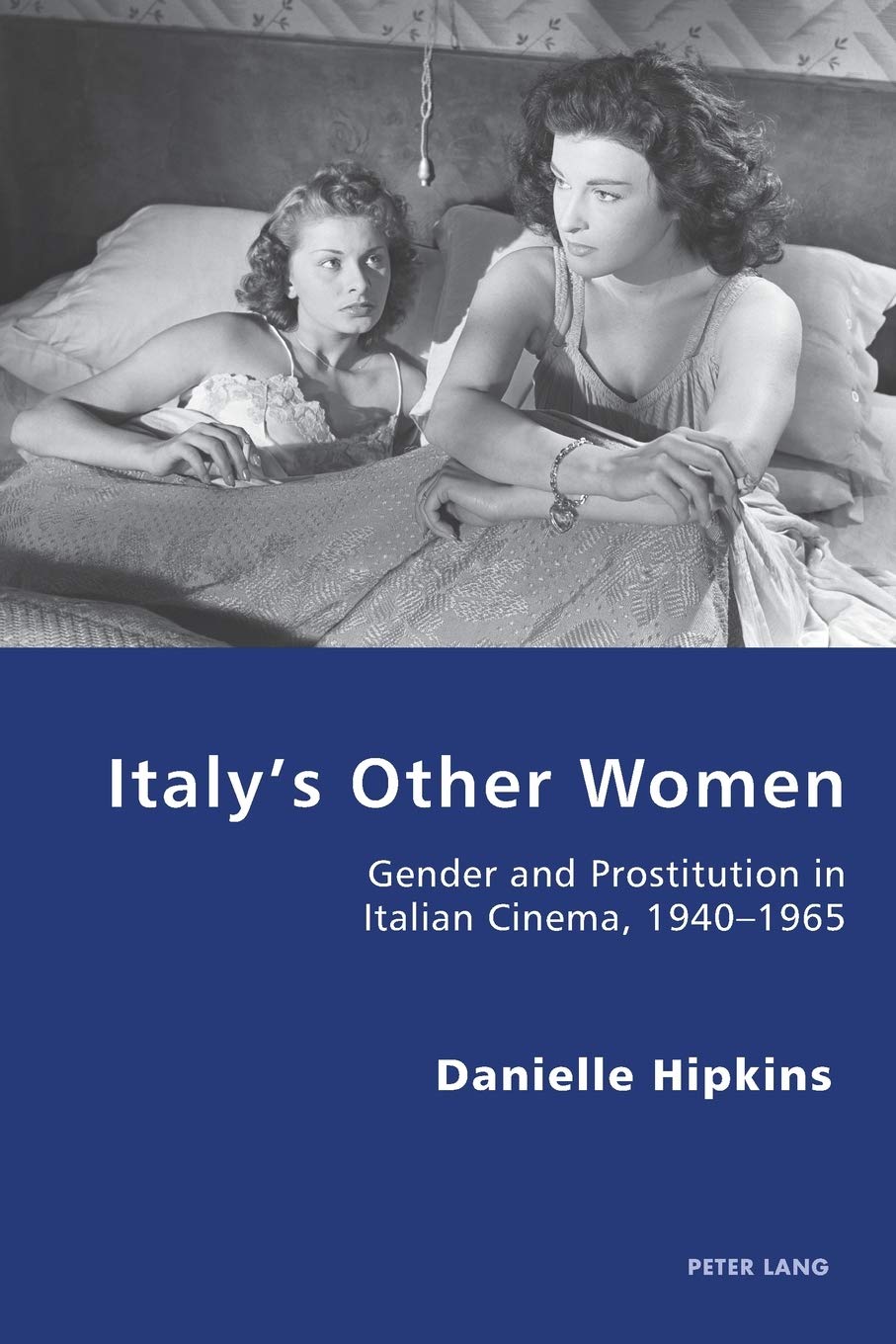

Most ebook files are in PDF format, so you can easily read them using various software such as Foxit Reader or directly on the Google Chrome browser.
Some ebook files are released by publishers in other formats such as .awz, .mobi, .epub, .fb2, etc. You may need to install specific software to read these formats on mobile/PC, such as Calibre.
Please read the tutorial at this link: https://ebookbell.com/faq
We offer FREE conversion to the popular formats you request; however, this may take some time. Therefore, right after payment, please email us, and we will try to provide the service as quickly as possible.
For some exceptional file formats or broken links (if any), please refrain from opening any disputes. Instead, email us first, and we will try to assist within a maximum of 6 hours.
EbookBell Team

4.7
66 reviewsIn the period 1940 to 1965 the female prostitute featured in at least ten per cent of all Italian-made films, but she cast her shadow over many more. With reference to the changing social and film industrial context, this book explains why the figure of the female prostitute was so prevalent in Italian cinema of this period and offers a new account of her on-screen presence. It shows that the prostitutes that populate Italian cinema are much more than simply 'tarts with hearts' or martyr figures. Via the constant reworking of the prostitute trope across genres, the figure takes us to the heart of many ideological contradictions in postwar Italian cinema and society: these include the entanglement of rhetoric about political truth with the suppression of postwar guilt and shame, fears about racial contamination, and a preoccupation with non-normative forms of masculine behaviour and desire. The book also shows how the female prostitute is important to Italian national cinema as a 'borderline identity', used to establish, but also destabilize, the hegemony of respectable femininities. It is precisely through her borderline condition, this book argues, that the prostitute 'haunts' gender, sometimes policing it, but more often than not problematizing its very construction.